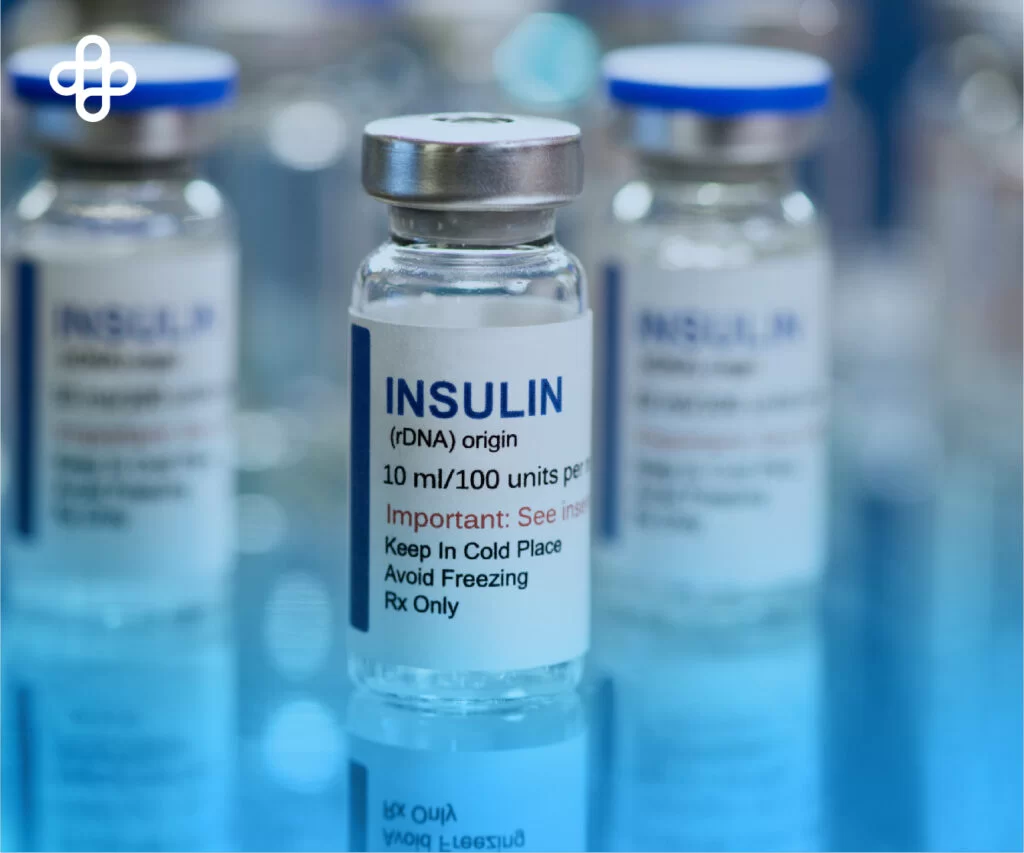Diabetes Treatment with Stem Cells. Over the course of a century, individuals with type 1 diabetes have transitioned from having a life-threatening disease to a chronic condition. Nowadays, it is possible to lead a normal life with the right treatment, diet, and physical exercise. All of this is thanks to the discovery of insulin at the University of Toronto, Canada, 100 years ago.
Subsequent advancements in this field. Such as pancreatic islet transplantation, the artificial pancreas, and various methods of insulin delivery, including inhalation. Have allowed treatments to adapt to patients rather than the other way around. However, there is still one definitive step that might become a reality in the next 10 years.
The Stem Cell Unit of Novo Nordisk is a company specializing in diabetes research and treatment worldwide. Has unveiled a promising line of research based on the treatment of this chronic disease with stem cells.
Insulin-producing cells
The goal is to establish a treatment based on functional beta cells that produce insulin. When a medical professional transplants these cells into the subcutaneous tissue. They will produce insulin, which is precisely what is lacking in diabetes. Medical professionals obtain these cells through cellular therapy developed from pluripotent stem cells, either embryonic or induced.
According to Novo Nordisk researchers, they will inject this type of strategy into the damaged area. This approach will not be limited to diabetes. Could also apply to other chronic diseases that currently lack a curative treatment.

Researchers are exploring various options, including encapsulating the cells to protect them from the immune system. In very early stages, it is possible to consider the potential of so-called universal cells.
These cells evade the immune system without the need for encapsulation. However, there is a risk that if undetected by the immune system, they may proliferate uncontrollably. Scientists are working on research to prevent this.
Stem cells for type 1 diabetes
First doses for other conditions Langhoff-Roos, who is leading the research. Has also been revealed that to coincide with the centenary of the discovery of insulin. The first doses of cellular therapy will be administered through a product derived from functional beta cells.
They will begin with conditions such as Parkinson’s, heart failure, and macular degeneration. For type 1 diabetes, the introduction is expected towards the end of this year and in 2023. Due to the complexity of such strategies for this condition.
“Committing to a specific commercialization date is risky. It is estimated that it could become a reality in the next ten years. However, the most important thing now is to ensure the quality of the treatment, which has to be 100%. Quality is more important than time. Nonetheless, these are the first steps of a future that is already here.”
“Without creating false expectations, it is the right time to envision a curative therapy in the coming years. Considering that phase I and II trials have already begun.”
“People with diabetes are increasingly demanding that they have to think less. Therefore, not have to be as actively involved in administering insulin, i.e., how much and when.”
The next significant milestone expected is the adaptation of insulin release to the needs of individuals with type 1 diabetes at any given moment.
Finally, if you want to know a little more about this condition. I invite you to read my article Diabetes: What Is It? Understanding Diabetes: Causes, Types, and Warning Signs





